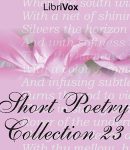
Short Poetry Collection 023
LibriVox’s Short Poetry Collection 023: a collection of 20 public-domain poems. [chương_files]
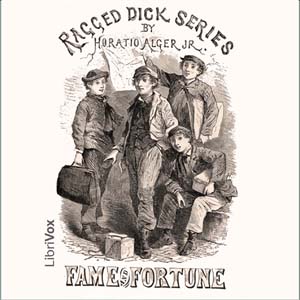
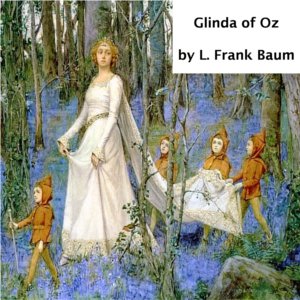
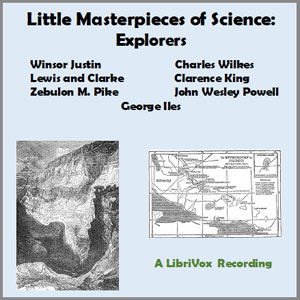
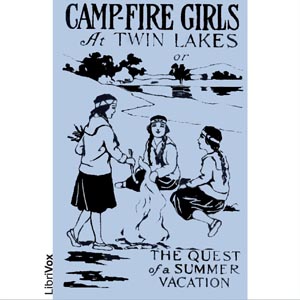
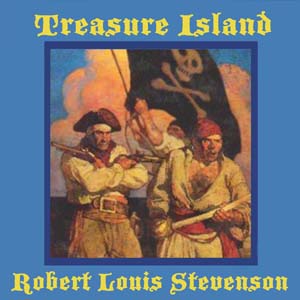
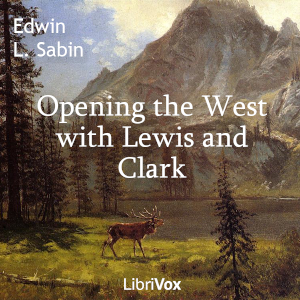
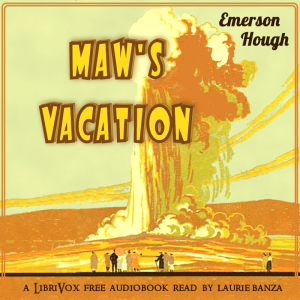
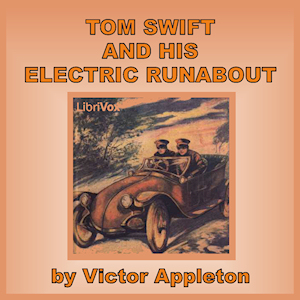


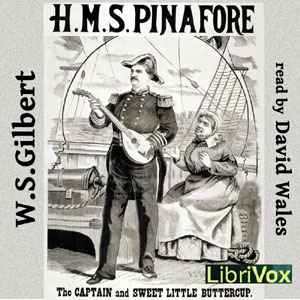
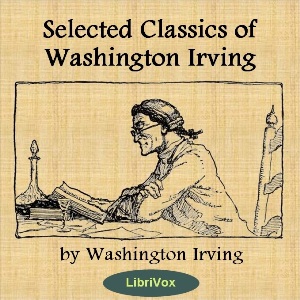


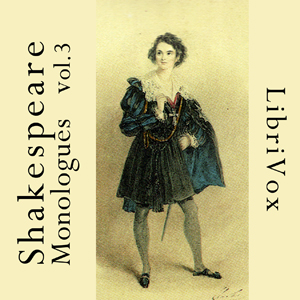
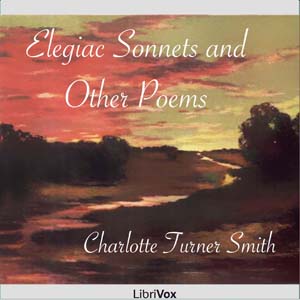
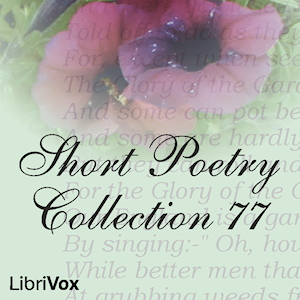


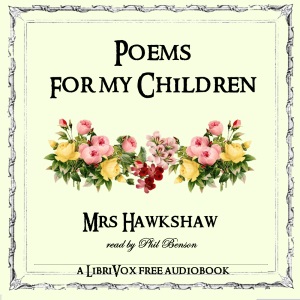
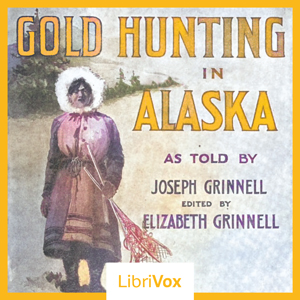
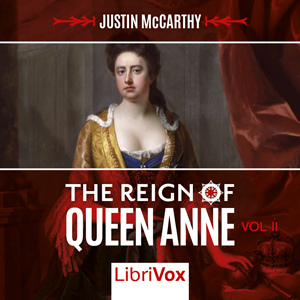
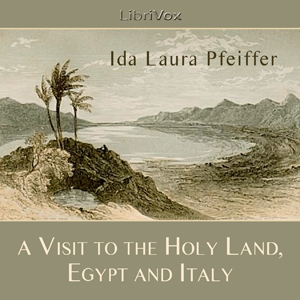

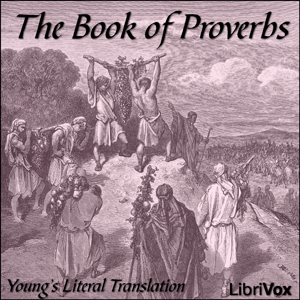

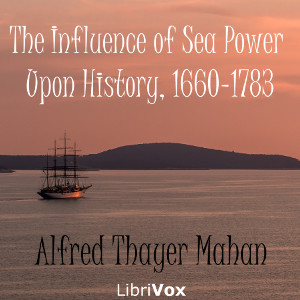

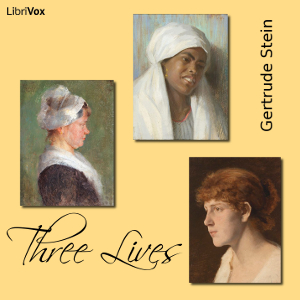

LibriVox’s Short Poetry Collection 023: a collection of 20 public-domain poems. [chương_files]
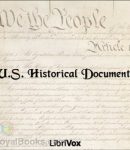
The Articles of Confederation: On November 15th, 1777 The Articles of Confederation became the first constitution of the United States, though not yet ratified by the thirteen original colonies. Ratification of the Articles took place almost three and a half years later on March 1st, 1781. The purpose of the articles was to create a confederation of sovereign states with a weak central government; thus allowing state governments to wield most of the power. It wasn’t long before the need for a stronger federal government was realized which led to the Articles being replaced by the United States Constitution. The Articles of Confederation is the common term for The Articles of Confederation and Perpetual Union. The U.S. Constitution: The United States Constitution is the legal backbone of the United States of America and comprises the basic laws of the United States Federal Government. Delegates from twelve of the thirteen original colonies put the Constitution’s frame work together in May 1787 in Philadelphia. The Constitution defines the three branches of government and their jurisdictions; they are the Executive Branch (President/Vice President), Legislative Branch (Congress comprised of the Senate & House of Representatives), and the Judicial Branch (the Supreme Court). The need for three branches of government was to create a separation of powers so that not one person or group has full responsibilities, but that they’re spread out and each branch must refer to the other by a means of checks and balances. The Declaration of Independence: The Declaration of Independence […]
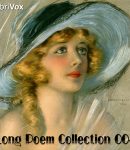
LibriVox’s Long Poems Collection 004: a collection of 8 public-domain poems longer than 5 minutes in length. [chương_files]
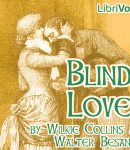
Blind Love, also published under the titles Iris and The Lord Harry is Wilkie Collins’ last novel, completed after his death by Walter Besant. The blind love in the title refers to the love of Iris, a woman of virtue, for the morally corrupt Henry Norland. She loves him despite all his faults, but she also does not realize the full extent of them. As in many of Wilkie Collins’ novels, this book also tackles difficult social problems. In this case, the Irish Question and women’s rights bring another layer to the narrative. – Summary by Carolin. [chương_files]
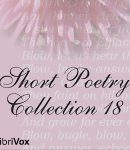
LibriVox’s Short Poetry Collection 018: a collection of 20 public-domain poems. [chương_files]
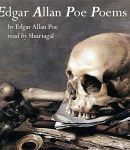
Edgar Allan Poe (1809 – 1849) is widely famed as one of the greatest writers of all time. He is best known for his works of horror, such as “The Tell Tale Heart.” However, and this is less known, Poe also wrote many love poems. In this collection of forty-eight poems by Edgar Allan Poe we will go through a wide variety of themes, from horror and raw creepiness in “The Raven” to pure love in “A Valentine” to depression in “Alone.” Throughout all of his poems Poe kept a very strong meter and rhyme scheme. This is most obvious in “The Bells.” (Summary by Shurtagal) [chương_files]

Pan tells the story Lieutenant Glahn and his summer in a forest north in Norway. He lives in a hut with his dog Aesop and they spend their days to hunting and fishing. In poetic language, Hamsun paints troubled souls in this gem of a book.The text is devoted to the nature in Nordland as well as the people Glahn meets there, as they deal with love, jealousy, and power struggles. We meet two (equally unreliable) narrators, Lieutenant Glahn in the book itself and a hunting companion in the epilogue, consisting of the last five chapters. – Summary by kathrinee [chương_files]
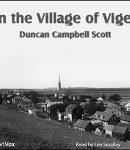
These ten superb short stories of Duncan Campbell Scott, published in 1896, portray humorous, farcical, and tragic aspects of life in the fictional Quebec village of Viger. Scott’s tales of the lives and vicissitudes of Viger’s inhabitants include an established milliner who is upset by the appearance of a younger, more popular rival; an innkeeper whose obsession with the Franco-Prussian War drives him mad; and a strange peddler with a carefully guarded secret that is accidentally revealed. Duncan Campbell Scott was born in Ottawa, Ontario, in 1862. He entered the civil service in 1879 and remained until his retirement in 1932. Scott was an honored, skilled and popular poet, short-story writer, and essayist. He died in Ottawa in 1947. For more information see https://en.wikipedia.org/wiki/Duncan_Campbell_Scott. (Lee Smalley) [chương_files]
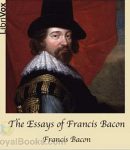
Among the many ideas explored in this book are beauty, gardens, honor and reputation, cunning, nobility, friendship and many others. Authored by the man who is credited with having invented the essay form in English, The Essays of Francis Bacon was written over an extended period, ranging from the mid sixteenth century. They were compiled in a single edition in 1597 and later re-written, enlarged and added to in other editions in 1612 and 1625. However, their compelling and insightful quality still appears fresh and appealing to modern day readers. Francis Bacon, Lord Verulam, the 1st Viscount St Albans, was a distinguished genius whose wide-ranging interests covered philosophy, literature, science, politics, economics, civics, administration and art. He was also a gifted speaker, writer and musician. He had a brilliant political career and served as the Lord Chancellor and Attorney General of England during the reign of Elizabeth I. His career extended into the reign of the next monarch James I. He is also credited with having introduced the scientific method of testing a hypothesis. One of his books, The New Atlantis, explores the idea of creating a Utopian world in the New World, America. An enduring mystery about Francis Bacon is that he is speculated to have been the master playwright who wrote under the pseudonym “William Shakespeare.” Though Bacon’s career ended in disgrace and disappointment due to the machinations of his rivals, he remained at heart, a compassionate and gracious man. This is reflected in these essays. The Essays […]
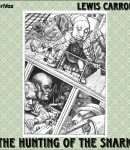
This is a whimsical poem that takes the reader on a sailing hunt for the mythical Snark. The Bellman, the Butcher, the Baker, the Beaver and others named and unnamed provide a fast-paced, almost maniacal, romp to find the elusive Snark. In the reading, you begin to suspect that Dr. Seuss may have found some inspiration from Carroll. The reading is a fast ride of thirty minutes and is suitable for children and adults alike. (Review written by Robert Garrison) [chương_files]
Copyright © 2024 | FreeAudible